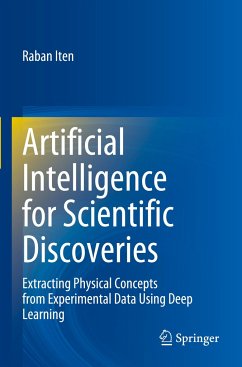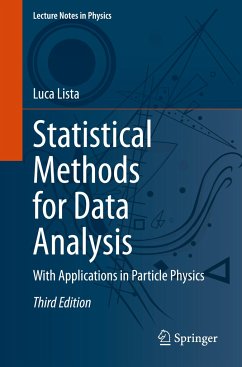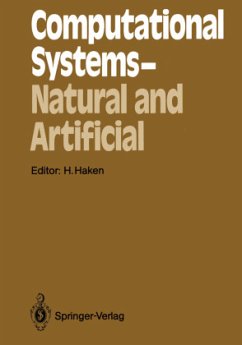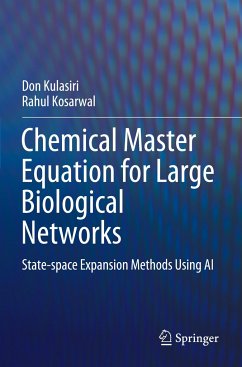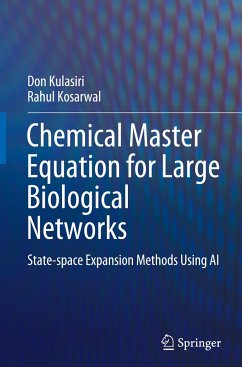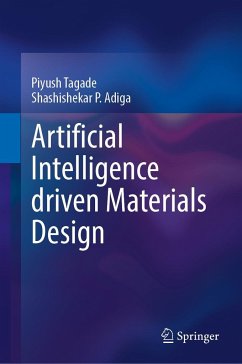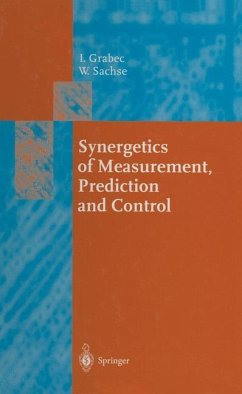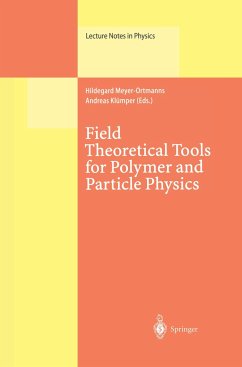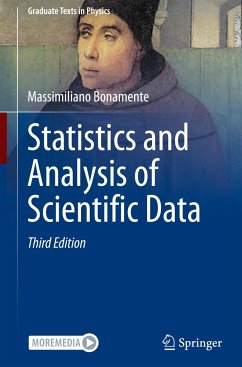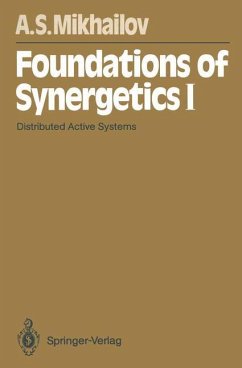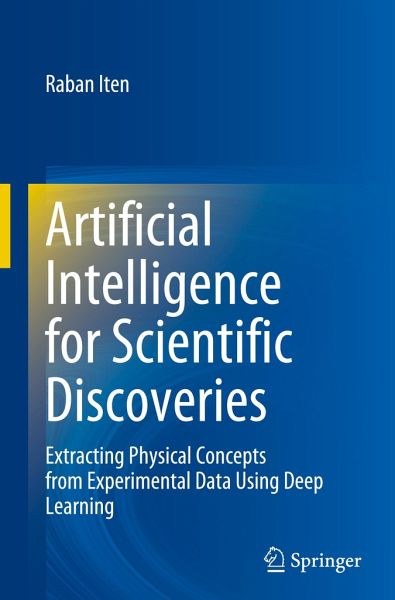
Artificial Intelligence for Scientific Discoveries
Extracting Physical Concepts from Experimental Data Using Deep Learning
Versandkostenfrei!
Versandfertig in 6-10 Tagen
98,99 €
inkl. MwSt.
Weitere Ausgaben:

PAYBACK Punkte
49 °P sammeln!
Will research soon be done by artificial intelligence, thereby making human researchers superfluous? This book explains modern approaches to discovering physical concepts with machine learning and elucidates their strengths and limitations. The automation of the creation of experimental setups and physical models, as well as model testing are discussed. The focus of the book is the automation of an important step of the model creation, namely finding a minimal number of natural parameters that contain sufficient information to make predictions about the considered system. The basic idea of thi...
Will research soon be done by artificial intelligence, thereby making human researchers superfluous? This book explains modern approaches to discovering physical concepts with machine learning and elucidates their strengths and limitations. The automation of the creation of experimental setups and physical models, as well as model testing are discussed. The focus of the book is the automation of an important step of the model creation, namely finding a minimal number of natural parameters that contain sufficient information to make predictions about the considered system. The basic idea of this approach is to employ a deep learning architecture, SciNet, to model a simplified version of a physicist's reasoning process. SciNet finds the relevant physical parameters, like the mass of a particle, from experimental data and makes predictions based on the parameters found. The author demonstrates how to extract conceptual information from such parameters, e.g., Copernicus' conclusion that the solar system is heliocentric.





